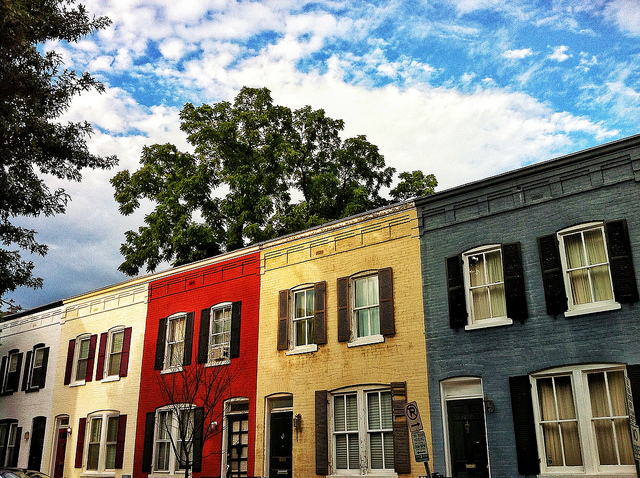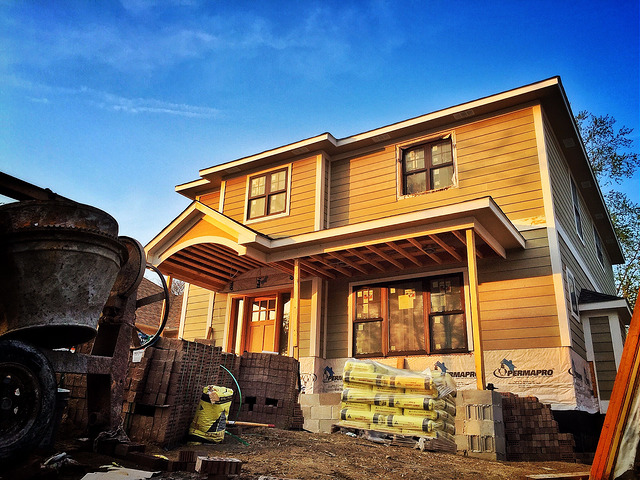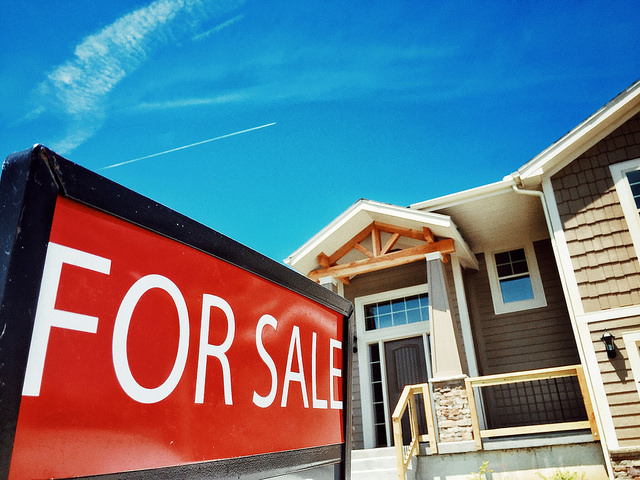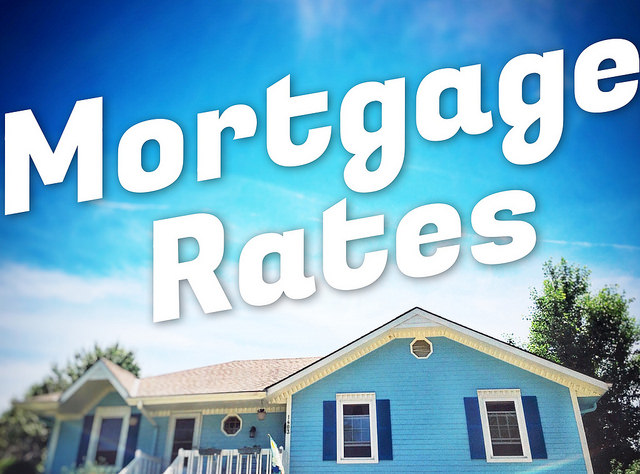Generally, Generation X is used to refer to people born in the 1960s and ’70s. Because they reached peak home buying age right around the time home prices began to drop, many found themselves underwater on their mortgage and unable to sell their house and upgrade to a larger home. Now, according to the National Association of Realtors 2017 Home Buyer and Seller Generational Trends study, there is evidence that there are an increasing number of Gen X home buyers active in the market. In fact, the most recent increase in buyers from this category was the largest since 2014. Lawrence Yun, NAR’s chief economist, says Gen X homeowners have been in their homes a median of 10 years but may now finally be in a position to put their homes on the market. “Fortunately, the much stronger job market and 41 percent cumulative rise in home prices since 2011 have helped a growing number build enough equity to finally sell and trade up to a larger home.” And, because the number of homes available for sale is low in many markets, a growing number of Generation X homeowners ready to sell could provide the needed inventory boost that helps balance the market and moderate future home price increases. More here.













